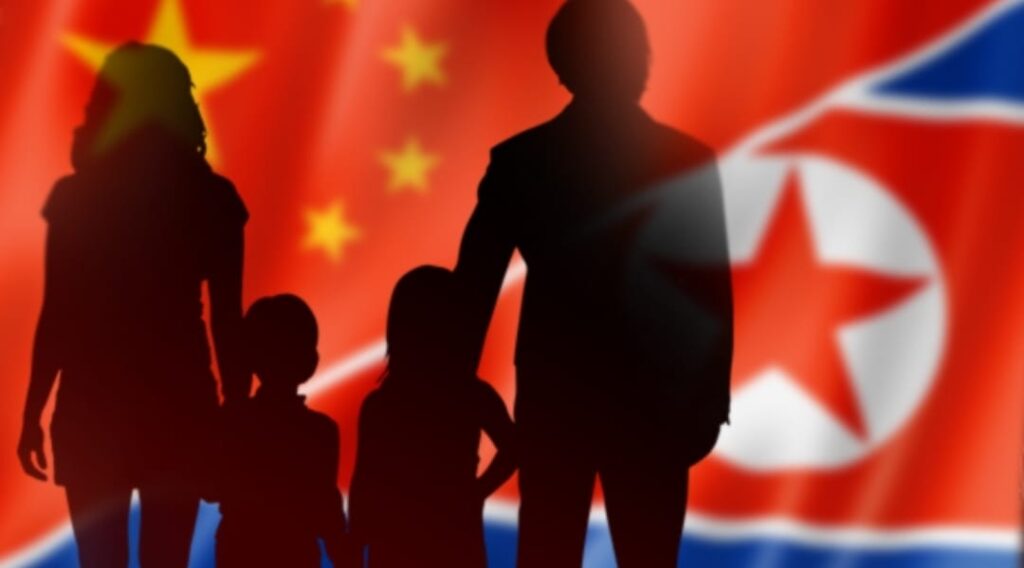
By Han Dong-ho
“Crash Landing on You,” the globally popular K-Drama, tells the heartwarming tale of a North Korean soldier and a South Korean woman whose love transcends political boundaries, igniting a wave of Hallyu (Korean Wave) that reaches even the isolated corners of North Korea. This cultural phenomenon is more than just entertainment; it represents a profound glimpse into a world of freedom and modernity that many North Koreans have only dreamed of. For defectors who have resettled in South Korea, such dramas have offered a rare window into a life starkly different from the harsh reality they once knew. The infiltration of Hallyu into North Korea is not a recent occurrence. While the global fascination with K-pop and other elements of South Korean culture continues to grow, North Koreans have also begun to develop an admiration for their southern neighbor’s cultural exports. This soft power has managed to bypass the regime’s stringent control over information, subtly shaping perceptions and aspirations within the hermit kingdom.
However, Kim Jong-un is acutely aware of the subversive potential of Hallyu. The North Korean regime has responded with increased repression, enacting stringent measures to curtail the influence of South Korean culture. Notable among these are the Reactionary Ideology and Culture Rejection Act of 2020 and the Pyongyang Cultural Language Protection Act of 2023. These laws, despite their peculiar names, share a common objective: to stifle the spirit of freedom emanating from South Korea. For example, the Pyongyang Cultural Language Protection Act criminalizes mimicking South Korean accents, considering it an act of treason and imposing severe penalties. The current generation of North Korean youth, who have grown up amidst the black market known as Jangmadang, differs significantly from their predecessors. Unlike their parents, who were largely obedient to the regime’s directives, these young people have been exposed to South Korean dramas and movies, which have captivated their imaginations and inspired a longing for change. Recent observations by South Korean Unification Minister Kim Young-ho highlight that 83% of North Korean residents have watched South Korean dramas, with such exposure being a significant factor in their decision to defect.
Yet, the aspirations of North Korean youth are obstructed not only by their own government but also by an external force: China. Defectors who risk crossing the Tumen or Yalu Rivers in pursuit of freedom often encounter another layer of oppression in China. Despite the allure of freedom from the outside world, they face strict public security crackdowns and forced repatriation. For decades, China has maintained a rigid stance on North Korean defectors, treating them as illegal immigrants or economic migrants rather than individuals deserving of freedom and dignity. The Chinese government’s policy of forcibly repatriating defectors represents a grave violation of human rights and undermines its global reputation. Reports indicate that China continues to aggressively track down and deport defectors, subjecting them to severe repercussions upon their return to North Korea, including torture, inhumane treatment, and even execution.
China’s actions not only contravene universal principles of freedom and human rights but also contribute to regional instability. By perpetuating the cycle of repression, China misses an opportunity to position itself as a progressive force upholding the rule of law and human dignity. A shift in policy towards recognizing the rights of North Korean defectors could enhance China’s global standing and contribute to long-term stability for both North Korea and China. As the struggle for freedom and the quest for a more just world continue, the plight of North Korean defectors remains a stark reminder of the ongoing conflict between oppressive regimes and the universal yearning for liberation. The relentless pursuit of freedom, despite formidable obstacles, signifies a broader movement towards human rights and dignity that transcends borders and political systems.



